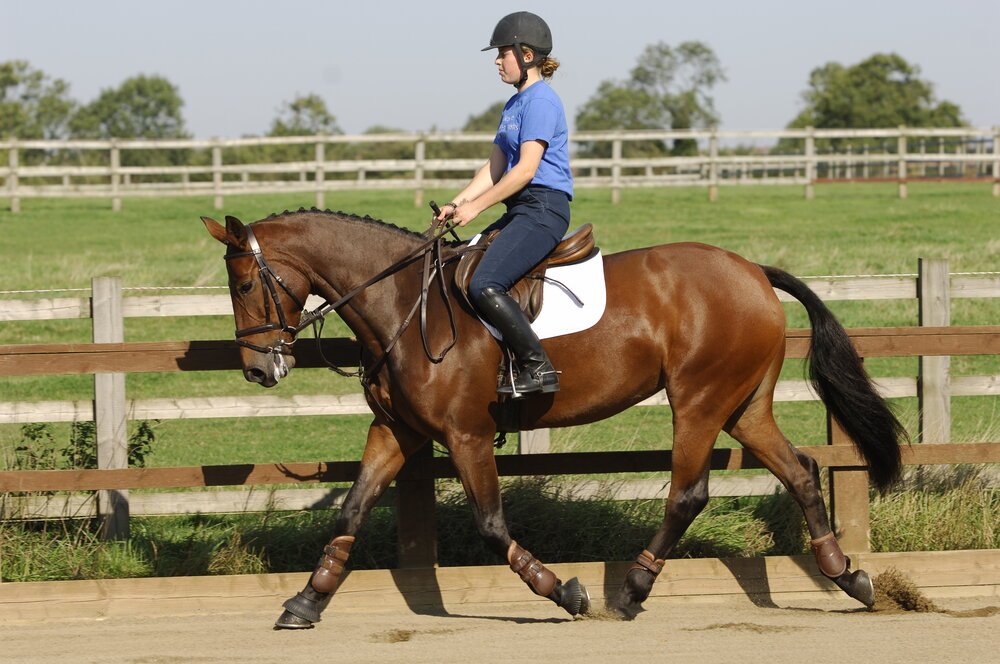For many horse enthusiasts, horse discipline training is not just a necessity but an art form that requires patience, understanding, and dedication. Whether you’re an experienced rider or a novice, mastering the techniques of horse discipline training can lead to a rewarding and harmonious relationship between you and your horse.

Understanding Horse Discipline Training
Horse discipline training involves teaching horses specific commands and behaviors that align with various equestrian activities. This training is essential for ensuring the safety of both the horse and rider, as well as enhancing the performance in different equestrian disciplines.
The Importance of Consistency
Consistency is key in horse discipline training. Horses thrive on routine, and consistent training helps them understand what is expected of them. This predictability builds trust and encourages a positive learning environment.
Building Trust with Your Horse
Trust is the cornerstone of any successful training program. By spending quality time with your horse, you can forge a bond that facilitates better communication and cooperation during training sessions.
Key Techniques in Horse Discipline Training
Positive Reinforcement
Using positive reinforcement techniques, such as treats or praise, can motivate your horse to learn and perform desired behaviors. This approach fosters a positive association with training and encourages your horse to engage willingly.
Setting Clear Boundaries
Establishing clear boundaries is crucial in horse discipline training. Horses need to understand what behaviors are acceptable and what are not. This clarity helps prevent confusion and promotes a respectful relationship.
Common Mistakes to Avoid in Horse Discipline Training
Overloading with Information
One common mistake in horse discipline training is overwhelming the horse with too much information at once. It’s important to break down tasks into manageable steps to ensure the horse can comprehend and retain the lessons.
Lack of Patience
Patience is a virtue in any training regimen. Rushing through training sessions can lead to frustration for both the horse and trainer. Taking the time to allow the horse to learn at its own pace is essential for success.
Choosing the Right Discipline
Understanding Different Equestrian Disciplines
There are various equestrian disciplines, each requiring specific skills and training techniques. From dressage to show jumping, understanding the nuances of each discipline can help you tailor your training approach to suit your horse’s strengths and interests.
Assessing Your Horse’s Abilities
Before embarking on horse discipline training, it’s important to assess your horse’s natural abilities and temperament. This assessment can guide you in choosing the right discipline that aligns with your horse’s capabilities.
Resources for Horse Discipline Training
Professional Trainers
Enlisting the help of a professional trainer can provide valuable insights and guidance in horse discipline training. Trainers bring expertise and experience that can enhance the learning experience for both you and your horse.
Online Courses and Workshops
There are numerous online resources available for those interested in horse discipline training. Online courses and workshops offer flexibility and accessibility, allowing you to learn at your own pace and convenience.
For further insights and tips, you can visit this comprehensive guide on horse training.
Essential Equipment for Horse Discipline Training
Choosing the Right Tack
The right tack is essential for effective horse discipline training. From saddles to bridles, selecting equipment that fits well and suits your horse’s needs can make a significant difference in the training process.
Safety Gear for Riders
Safety should always be a priority in horse discipline training. Riders should equip themselves with helmets, gloves, and appropriate footwear to ensure protection during training sessions.
Case Studies of Successful Horse Discipline Training
Transformative Stories
Many success stories illustrate the transformative power of horse discipline training. These stories showcase how dedication, practice, and the right training techniques can lead to remarkable improvements in both horse behavior and performance.
Lessons Learned
Analyzing case studies can provide valuable lessons for those embarking on their own horse discipline training journey. These insights can help avoid common pitfalls and inspire innovative training methods.
Maintaining the Training Regimen
Regular Practice and Reinforcement
Maintaining a regular training schedule is crucial for reinforcing learned behaviors. Consistent practice ensures that skills are retained and honed over time.
For tips on maintaining an effective training regimen, you can explore this training schedule guide.
Adapting to Changing Needs
As your horse progresses, their training needs may evolve. Being adaptable and responsive to these changes ensures that your training remains effective and relevant.
Conclusion
Horse discipline training is a rewarding endeavor that requires dedication, patience, and a deep understanding of equestrian practices. By mastering the techniques and principles outlined in this guide, you can cultivate a strong, respectful bond with your horse and achieve success in your chosen equestrian discipline. For more insights, you may want to read about beginner horse training tips.

FAQs
What is the most challenging part of horse discipline training?
The most challenging part can often be maintaining consistency and patience, especially when progress seems slow. However, perseverance is key to overcoming these challenges.
Can any horse be trained for any discipline?
While many horses can be trained for various disciplines, it’s important to consider each horse’s natural abilities and temperament to ensure the best fit for their skills.
How long does it take to train a horse?
The duration of training varies depending on the horse’s aptitude, the chosen discipline, and the consistency of training sessions. It can range from several months to a few years for advanced skills.
This article contains affiliate links. We may earn a commission at no extra cost to you.








